8 Things You Should Know If You Want to Be a Home Organizer
This page may contain links to Amazon.com or other sites from which I may receive commission on purchases you make after clicking on such links. Read my full Disclosure Policy

I recently asked members of Blogging Organizers what they wished they’d known before becoming a professional organizer, and Karen Furman wrote this insightful article in response.

Perhaps you’re someone who has always had a knack for organizing. Friends and family have enlisted your talents and now you want to take it to the next level and try your hand at being a home organizer. Here are a few things you need to know that goes beyond raw talent in order to be successful in the profession.
1. More than aesthetics.
Being an organizer is not about pretty boxes, putting labels on things, and shopping in the home goods department for organizing products. While these products are tools in the trade, it’s not the trade. It’s working with a client who has a specific need. Perhaps they have outsourced because they need someone to get the ball rolling on a project. Or they have found themselves at a crossroads or life has put them in a circumstance where they need to downsize, de-clutter, or move and they need someone to help them in the process. They may be naturally organized, but many do not have the time, headspace, or energy to do it themselves.
2. Ask the right questions.
One thing you should know is how to get answers to questions without getting too personal. You don’t want to make someone feel bad or triggered. You need to know how to ask things tactfully. Ask “How many in the household?” not “Are you married?” or “Do you have kids?” A married couple may have been trying to have kids unsuccessfully. Granny may have lived in the household until recently, but no longer does. If the question is phrased in this manner, then you will get information without asking anything too personal.
3. The art of conversation.
Do you know how to engage people in conversation? Are you an active listener? Can you get the client to talk about themself, while practicing the point above about not asking anything too personal?
If you notice they have collections, ask about them. “How did you get into collecting giraffes?” “I noticed your kitchen has a southwestern theme.” “I see that you have a lot of books on the topic of theater / classics /classic cars / etc.” People are generally eager to talk about things they like and are important to them.
If you know something about the topic, you can mention it. “I’ve never been to the Southwest, but my aunt used to enjoy going to Arizona.” You’re not there to talk about yourself, you’re there to help your client and to put them center stage.
4. Have a sense of humor.
I’ve had the occasion more than once where I encountered some unmentionable items for “mature audiences”. Whether I found it in a bedside drawer or tossed haphazardly on a shelf out of reach. You can a) be embarrassed, shove it back where it was, and pretend you didn’t notice or b) “Oh, were you looking for this?” “I’m not sure if the top shelf of your closet is the ideal place for this, is there somewhere else it would be more accessible yet hidden?'” “No worries, I’ve seen this before.”
Use any of these replies and be very casual. Also, for those of us who have been in the business for a while, you may honestly say “I’ve seen it all, this is nothing” and carry on with your work.
5. No judging.
You don’t know what someone’s life journey has been. You are not there to criticize or pass judgment on anyone. You have been invited to someone’s home to help them. They have hired you to help them de-clutter / downsize / get organized only. I’ve had clients so anxious before a session they needed nicotine, caffeine, or aromatherapy to get centered.
Once they are calm and ready to work with you, be intuitive and notice when they start to get overwhelmed. We know the room will look worse before it gets better, as it is part of the process. Your client, however, may not be able to envision the finished space. Encourage them to take a break, hydrate, etc., and refocus them.
6. Be sensitive.
This goes hand in hand with the no judging. While in someone’s house, you see their medications, their library, and what they keep on their nightstands. If you see a handful of books on a specific illness or self-help topic, you can fathom to guess either the client themselves or a loved one may be dealing with that issue. It would be wise to observe, but not mention it.
If someone wants to talk about something, let them, but don’t give advice you aren’t qualified to give. If you don’t want to talk about the topic, tactfully change the subject.
7. Embrace the learning curve.
There’s a lot to learn about running a business and being an entrepreneur, especially if you are switching from an entirely different line of work. It’s more than having a name and a logo. It’s building a reputation. How to utilize social media, where to meet people, and where to go for free advertising. It’s having an accountant who can help with tax-related things. How to write receipts and keep track of expenses.
Just like any profession, don’t expect to have the experience and know-how of someone who has been doing it longer. If you can find a mentor or a coach, avail yourself of their service or friendship.
8. Find a niche.
At the beginning of your career, you may take any client who comes your way. But then start to niche whom you like to work with and areas you prefer to tackle. Perhaps you like working with young mothers. Or seniors. Or maybe your forte is kitchens, garages, or playrooms. The more spaces you do, you will see what “sparks joy” for you.
To summarize, though you may have talent and proverbially wave your magic wand to transform a space, keep in mind the points above as you pursue a rewarding career as an organizer.
If you’re an experienced organizer, what is one thing you wish YOU’D known before you launched your business? Please share in the Comments section below.
Photo © deagreez1 / depositphotos




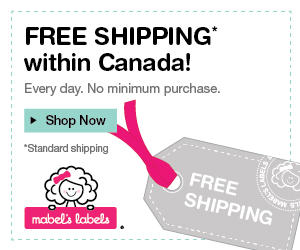
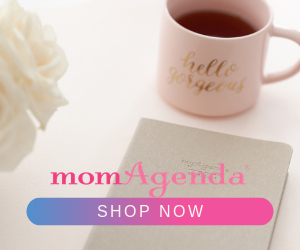
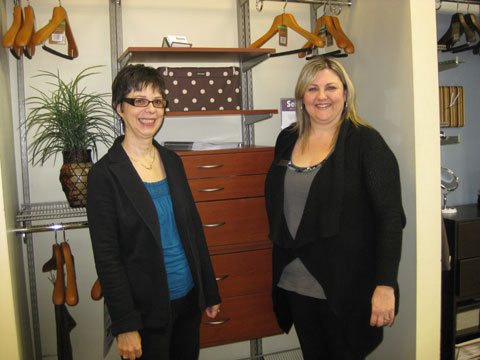

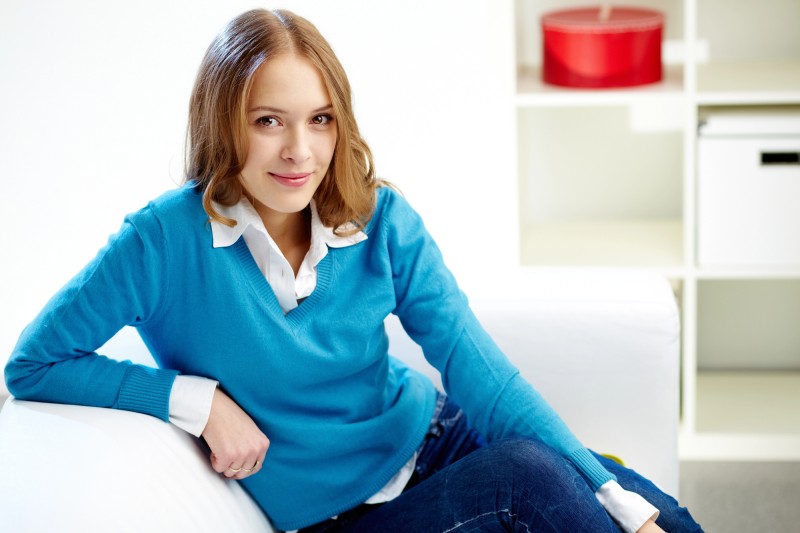

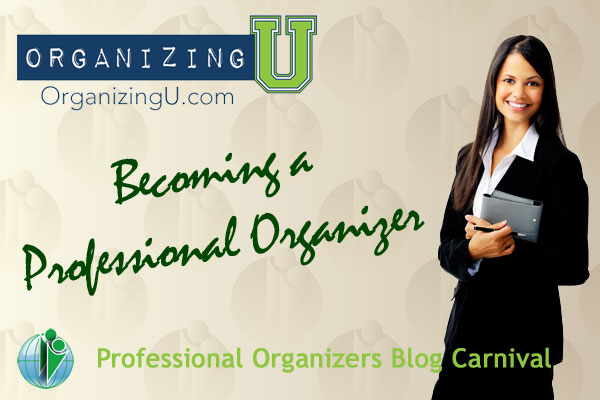
Julie
Oh dear, it looks like my blog ate your comment again. I don’t think this happens to anyone else!
Coincidentally, whenever I click on the submit comment button on your blog, it opens up a Pinterest window. I close it, click again, and it works.
Good gracious, I don’t know why it does that. (And you’re the only one who has reported the submit/Pinterest weirdness.)
What I’d written (thought it was a few days ago, so I’m not sure exactly how I said it) was that these are the kinds of things that novice organizers really need to know and veterans need to remember. Too often, novices think in terms of how they organize for themselves, and without asking (a lot of) questions, and being mindful to be sensitive and nonjudgmental, there’s little chance of long-term success. And there is no way to do our jobs well without an ample amount of humor. These are all superb reminders. (And here’s hoping this message works!)
It worked! Thank you for taking the time to recreate your insightful comment.
All of these are so good! I have found the community of professional organizers and productivity experts to be full of non-judgmental people who truly desire to help. We have seen everything (e.g., what you reference as for “mature audience”), but it doesn’t phase us. We live real lives as well, right?
I think a sense of humor can be very helpful, as can a tenderness to know when to back off. After all, we are there to serve the client, not the other way around. My goal is for them to be happy with their results, not set up a beautiful spot or create a system they either can’t or won’t maintain.
I have found that organizers get “invited in” in a unique way. Handling peoples’ belongings is a true privilege, and should be treated as such by anyone considering the profession!
I love your philosophy, Seana. Your clients must really appreciate working with you.
Great advice! I found that even these days, we still need to help people understand what they get when decluttering and organizing their lives. It can be frustrating but is also rewarding. Just don’t be too much of a salesperson. Finding a niche is super important. I used to do it all, and it wasn’t as effective and it was hard to maintain.
Couldn’t agree more about finding a niche! When you know who you want to work with and speak their language, it’s so much easier to form a connection so they want to work with you and you really don’t have to work so hard on sales.
I love how Karen’s focus is on the relationship, being sensitive, and judgment-free. While the ability to help clients organize their spaces, time, and thoughts is part of being a professional organizing, the way we interact with our clients is an essential part. Often clients want help, but feel embarrassed to let ‘strangers’ see their spaces and vulnerabilities. So learning how to establish trust and rapport is essential.
I think one of my shortcomings during my time as an organizer is that I was so afraid of being intrusive that I didn’t ask all the important questions. If only I’d understood that sometimes you have to ask personal questions to get a clear enough picture of your client’s situation to come up with the best solutions.
These are all good things to keep in mind. Thank you for sharing Karen’s words of wisdom.
It’s one of the things I love to do!
This is great advice and helpful things to be reminded of!
So true – these tips aren’t just for newbies!